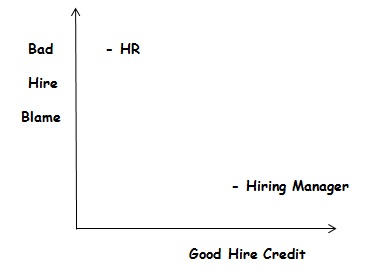I’ve decided I’m going to start allowing my employees to smoke in the office. Maybe it’s watching too many episodes of Madmen, or maybe it’s just some psychological phenomenon about growing up with parents, grandparents, aunts, uncles, etc. who all smoked that I weirdly like hanging out with smokers – but I don’t smoke. Don’t get me wrong – I’m not allowing traditional lighting up – this is 2013 – we’re going Electronic! E-Cigarettes are all the rage and I can’t think of a better way to cure my mental cravings about hanging out at smoke breaks than to just allow my staff to start lighting up – alright I don’t know if you call it lighting up maybe it’s powering up those E-Cigs and getting their E-Smoke on!
E-Cigarettes are coming big business because of the assumption they’re safer. From BusinessWeek:
“The electronic cigarette is about to have its turn in the spotlight. The battery-powered gadgets transform nicotine and other substances into an inhaled vapor and have been marketed as a safer alternative to tobacco smoke, which is drawn into the lungs and increases cancer risks. The rapidly growing e-cigarette business—expected to top $1 billion in annual sales in the next few years—is racing to command a bigger share of spending among smokers and potential smokers ahead of possible regulations from the U.S. Food and Drug Administration.”
This brings in all that was good about 1970’s business and modernizes it! (did you catch that the only thing I think about a ‘good’ 1970’s business was their ability to smoke in the office!) I can’t wait until my next big conference room meeting with 20+ employees all smoking away on their E-Cigs, talking sales, talking red meat they’ll grill that night – if that isn’t quintessential Americana I don’t know what is! Sure its a little more metro-sexual America, but it’s 2013, let’s face it – so few of us can pull off the Marlboro Man look anymore!
I know most of you think I’m joking but wait and see HR Pros. E-Cigarettes are not considered ‘cigarettes’ by the FDA. If you have an employee come in and want to suck on a battery powered device at their desk that emits water vapor – are you going to tell them ‘No’! Especially when that same employee could chose to take an hour+ per day off to stand outside and fire up for real?! Doesn’t productivity and health demand you allow your employees to E-Light-Up at their desk or workstation?
What do you think HR Pros? Will you join me in allowing your employees to E-Light Up in the office? Do any of you allow this now? Has any employee approached you and asked to do this? Will you shoot the first employee who is standing outside taking a 10 minute smoke break who is puffing on a E-Cigarette?

